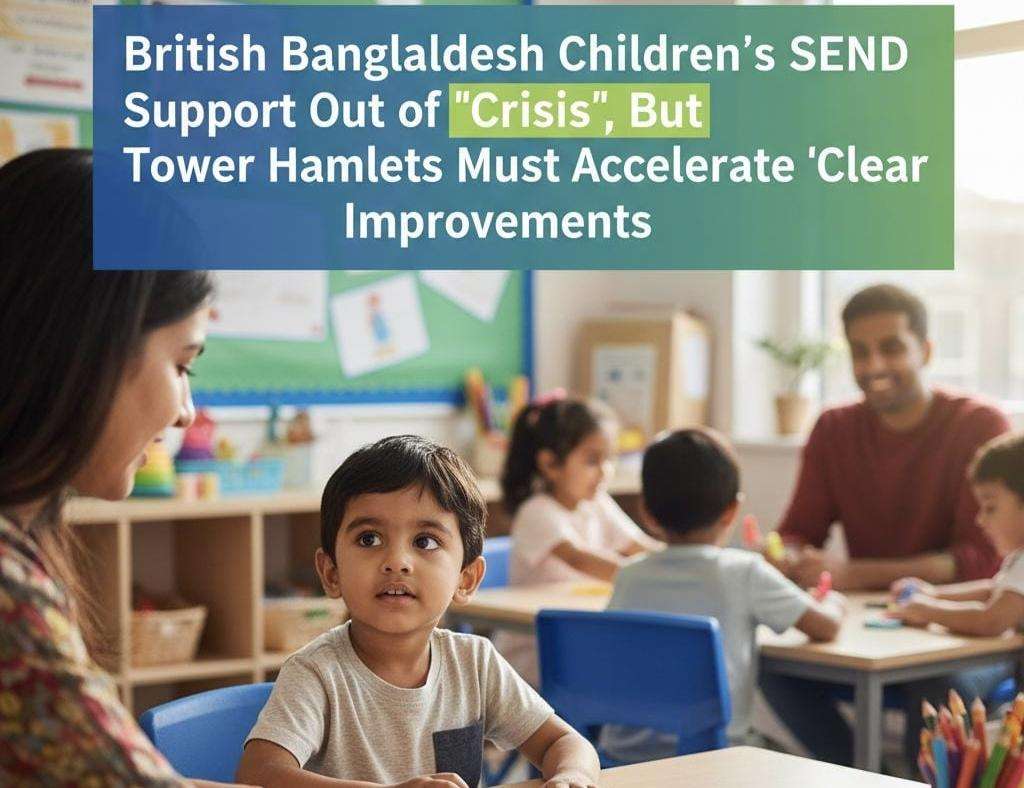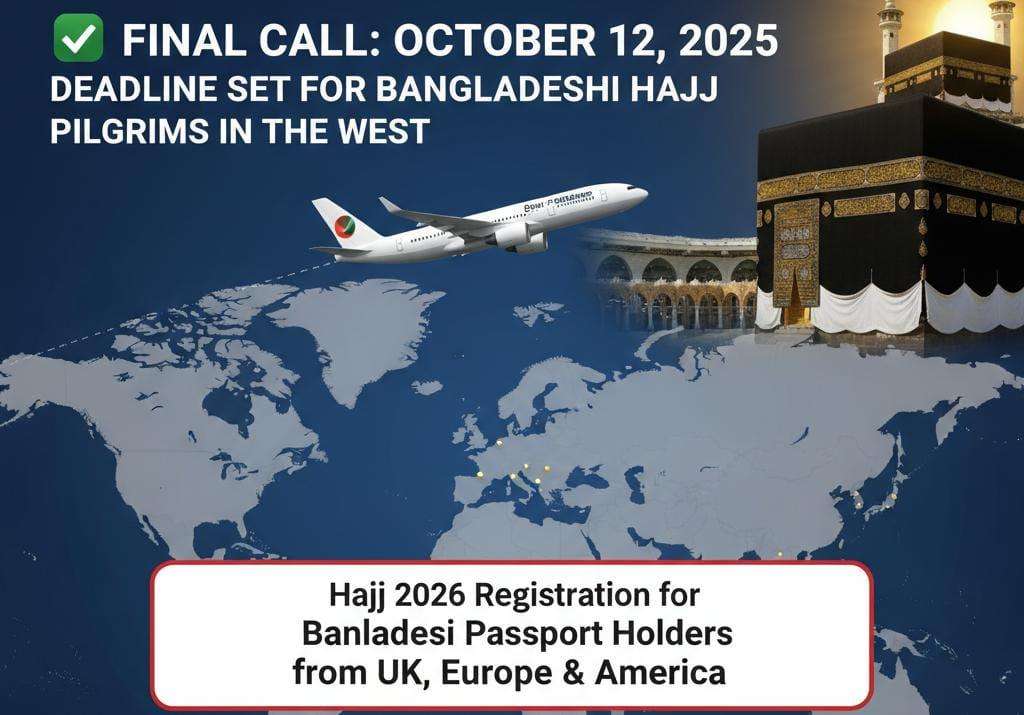The peace gurus are right: To have peace in the world, you need to start with yourself. Consider these questions:
- If you want more peace in your family, can you have that when your mind is running in 50 different directions?
- If you are trying to help your work team be more balanced, even, and connected, can you do this when you, yourself, are fired up with fury and anger?
- If you are pursuing healthy communication with your relationship partner but are filled with blame and defensiveness, will you be able to calmly speak and listen?
Peace begins within, according to the famous peace activist, novelist, and modest monk Thich Nhat Hanh, who was the only person nominated by Martin Luther King Jr. for the Nobel Peace Prize.
This could sound contradictory at first, particularly if you think that peace is limited to opposing violence and war.
However, we must take a more personal approach to peace if we are to have an impact. There are various degrees of peace, including personal peace, relational peace, group peace, community peace, world peace, and ecological peace, as can be seen when we examine it closely. Without beginning with something you can somewhat control, like oneself, how can you achieve the grand-scale degrees of peace?
When I asked more than 16,000 people in the general public about their level of agreement/disagreement with the statement “The starting point for creating more peace in the world is myself,” a remarkable 71 percent agreed, 9 percent disagreed, and 20 percent did not disagree or agree. Thus, more than 7 out of 10 people agreed that if we want more peace in the world, we must start with ourselves.
OK, so what can you do with this insight? The good news is that inner peace is immediately connected with important parts of you, with your strengths of character. Your best internal qualities offer ingredients for inner peace. Just as you compile the right amounts of spice and foods to create your best dish, you can combine your character strengths to foster more inner peace in your mind.
To do this, start with what the science is pointing to. We are conducting multiple studies on peace at The Center for Strengths Science (a division of the VIA Institute) in collaboration with researchers from Harvard and other universities. Across two large-scale studies, the strengths of zest, hope, and gratitude appear remarkably important for inner peace. There are findings regarding numerous other important character strengths, such as humility, judgment, forgiveness, and spirituality, but I’ll leave the sharing of these findings for another post, as they depend on nuances, including the type of peace being focused on (e.g., harmony, stability, balance, serenity).
Looking specifically at zest, hope, and gratitude, we begin to understand that inner peace is active (not passive, as stereotypes of peace often suggest), forward-thinking/future-minded (not locked into changing the past as stereotypes of peace might suggest), and appreciative. Imagine your mind being enveloped and encircled with grateful thoughts, hopeful and optimistic potential, and vigorous enthusiasm. What would that be like for you?
How might you tap into your zest, hope, and/or gratitude to foster more inner peace today?
What is one small action you can take to tap into one of these strengths to nurture your inner peace? With a growing inner peace, you might notice an impact on your relationships and beyond. Imagine if every person took this approach.








.svg)
